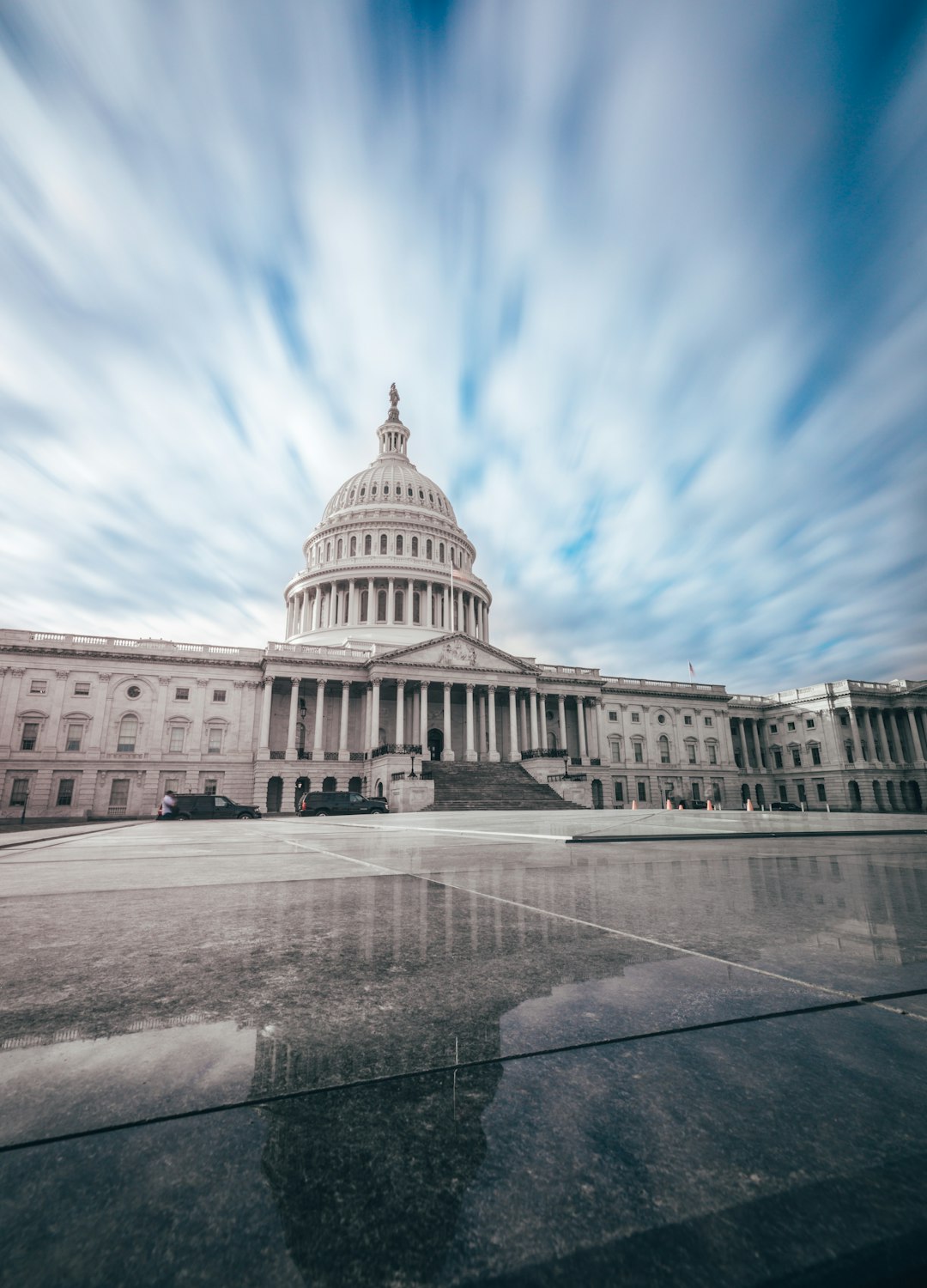In Washington State, understanding consent is vital for healthy relationships and preventing sexual assault. Comprehensive sex education and workshops in schools equip students with the knowledge to recognize and respect personal boundaries, reduce sexual misconduct, and create safer environments. Collaboration with legal professionals and advocacy groups ensures students understand their rights and have access to support systems, including sexual assault lawyers and law firms in Washington State. Normalizing consent through education can significantly decrease non-consensual behavior and foster healthier relationships, benefiting both individuals and society.
In Washington State, consent education is a vital issue in fostering healthy relationships and preventing sexual assault. This comprehensive guide explores the critical role schools play in promoting such education, empowering students with knowledge that has long-term benefits. We delve into the legal implications, emphasizing the importance of robust programs through expert insights from sexual assault lawyers and attorneys based in Washington State. By understanding consent, schools can create a safer environment and potentially deter future incidents.
Understanding Consent: Building a Foundation for Healthy Relationships

Understanding consent is a fundamental aspect of fostering healthy relationships and preventing sexual assault. In Washington State, where individuals from diverse backgrounds interact, it’s crucial to educate young people about the significance of informed consent in various social scenarios. Consent education empowers students to recognize and respect personal boundaries while promoting positive interpersonal dynamics. By learning about consent, teenagers can navigate intimate relationships with a deeper understanding of mutual agreement, ensuring that every interaction is consensual and safe.
This foundational knowledge becomes especially vital as students transition into adulthood, making it essential for schools across Washington to incorporate comprehensive consent education into their curricula. Equipping students with the skills to communicate boundaries and recognize when consent has been given or withdrawn can significantly reduce instances of sexual misconduct, including potential cases that might require the expertise of a sexual assault lawyer in Washington. A well-informed student body is better equipped to build healthy relationships, making it a proactive step towards creating a safer environment for all individuals within the state’s educational institutions.
The Role of Schools in Promoting Consent Education

Schools play a pivotal role in promoting consent education across Washington State, serving as a crucial venue to equip young individuals with essential knowledge and skills. By integrating comprehensive sex education and consent workshops into their curricula, schools can foster an environment that values respect, boundaries, and healthy relationships. This proactive approach not only helps prevent sexual assault but also empowers students to make informed choices and develop empathetic understanding.
In light of the growing importance of addressing sexual assault issues, having a dedicated sexual assault lawyer or attorney in Washington State becomes increasingly vital. Schools can collaborate with legal professionals and advocacy groups to ensure that students understand their rights and have access to support systems. By combining educational initiatives with accessible legal resources, schools contribute significantly to creating a safer, more informed community, where every individual feels empowered to take charge of their well-being and seek justice if needed, with the assistance of sexual assault law firms in Washington.
Empowering Students: Long-term Benefits and Legal Implications for Washington State

Empowering students with comprehensive consent education is a powerful tool for prevention and has significant long-term benefits for individuals and society at large. In Washington State, where sexual assault lawyers and attorneys play a crucial role in advocating for victims, teaching consent from a young age can be transformative. It equips students with the knowledge to make informed decisions about their bodies and relationships, fostering healthier interactions and potentially reducing instances of non-consensual behavior. This proactive approach has legal implications too; it encourages individuals to respect boundaries, thereby potentially lessening the number of cases that require the expertise of sexual assault law firms in Washington State.
By integrating consent education into school curricula, Washington State can contribute to a cultural shift where consent is normalized and expected. This initiative not only empowers students but also ensures they are better equipped to handle potential scenarios, enabling them to protect themselves and their peers. It’s important to recognize the role of sexual assault lawyers and attorneys in this process, as they help educate communities about existing laws and advocate for victims’ rights while promoting a culture of consent through education.






